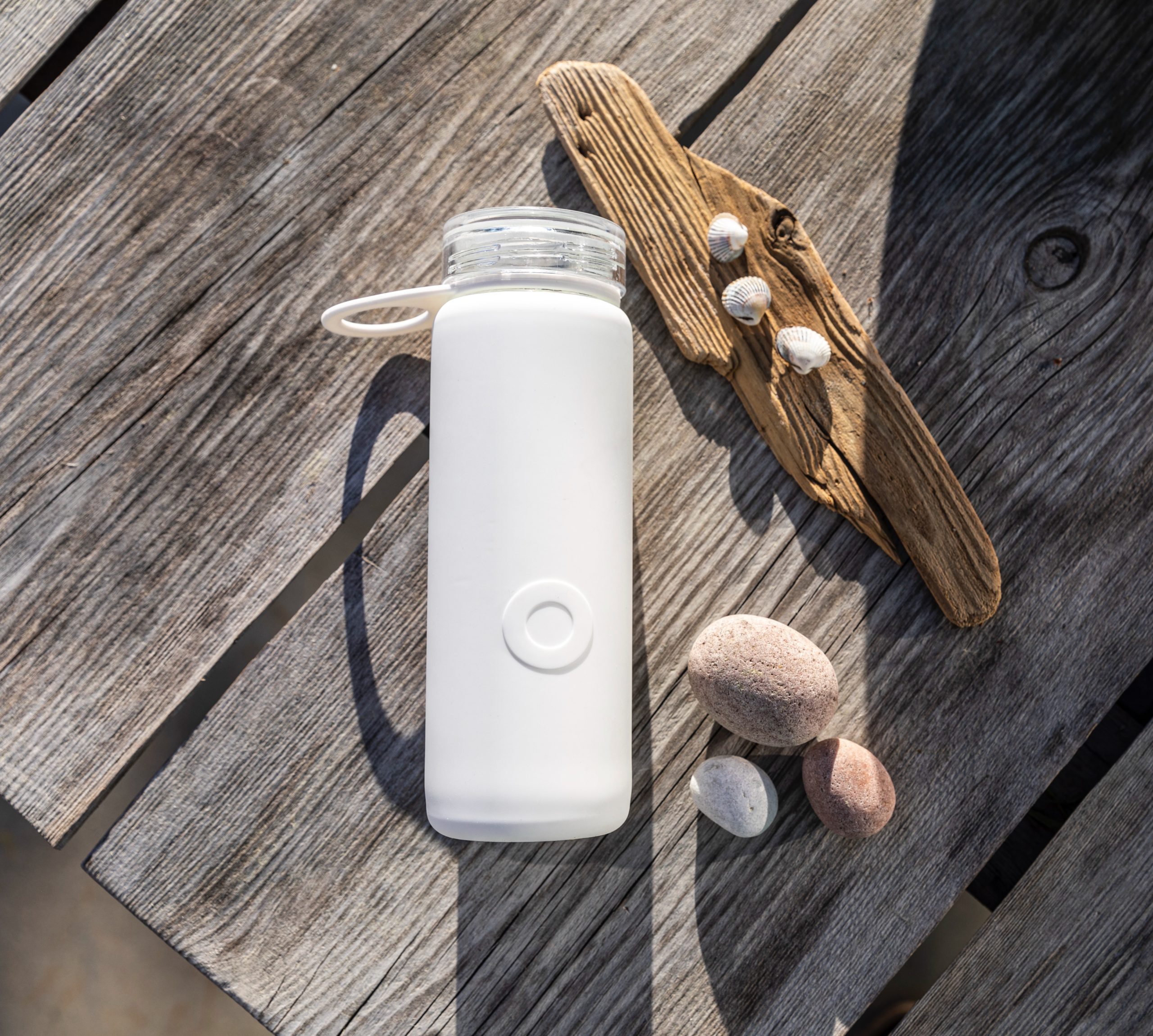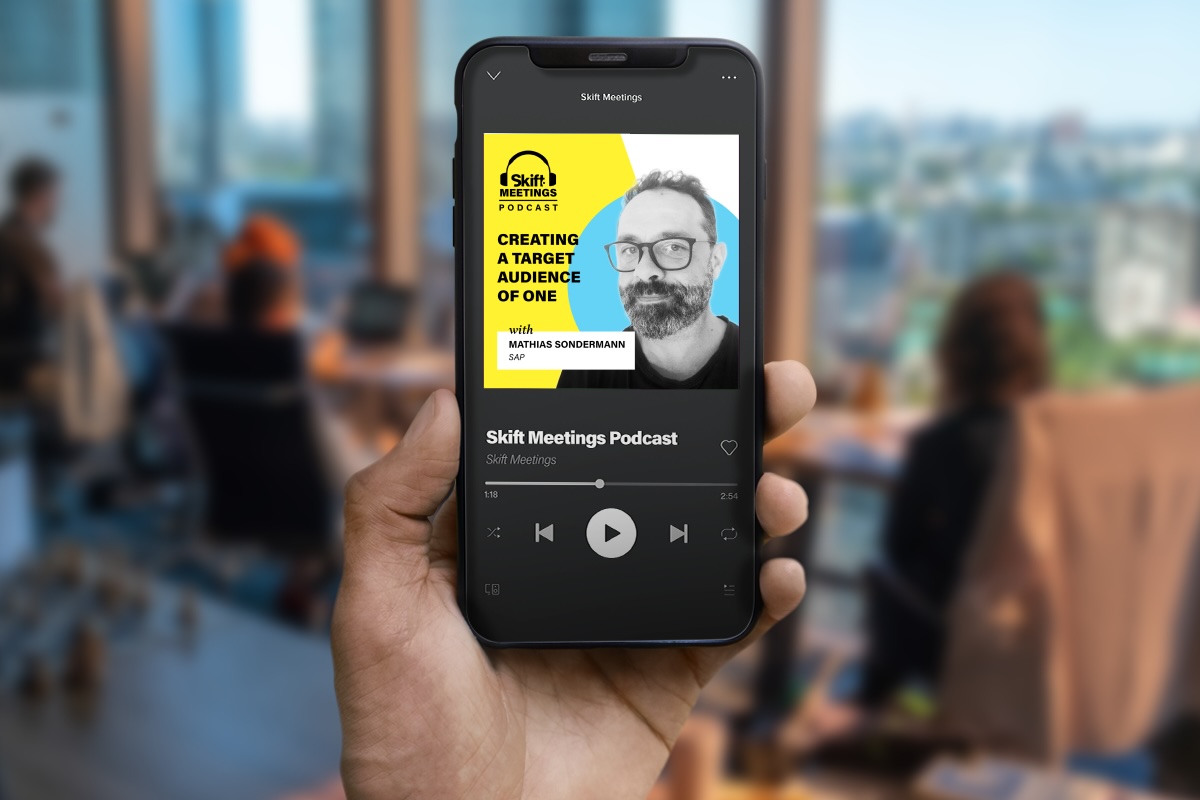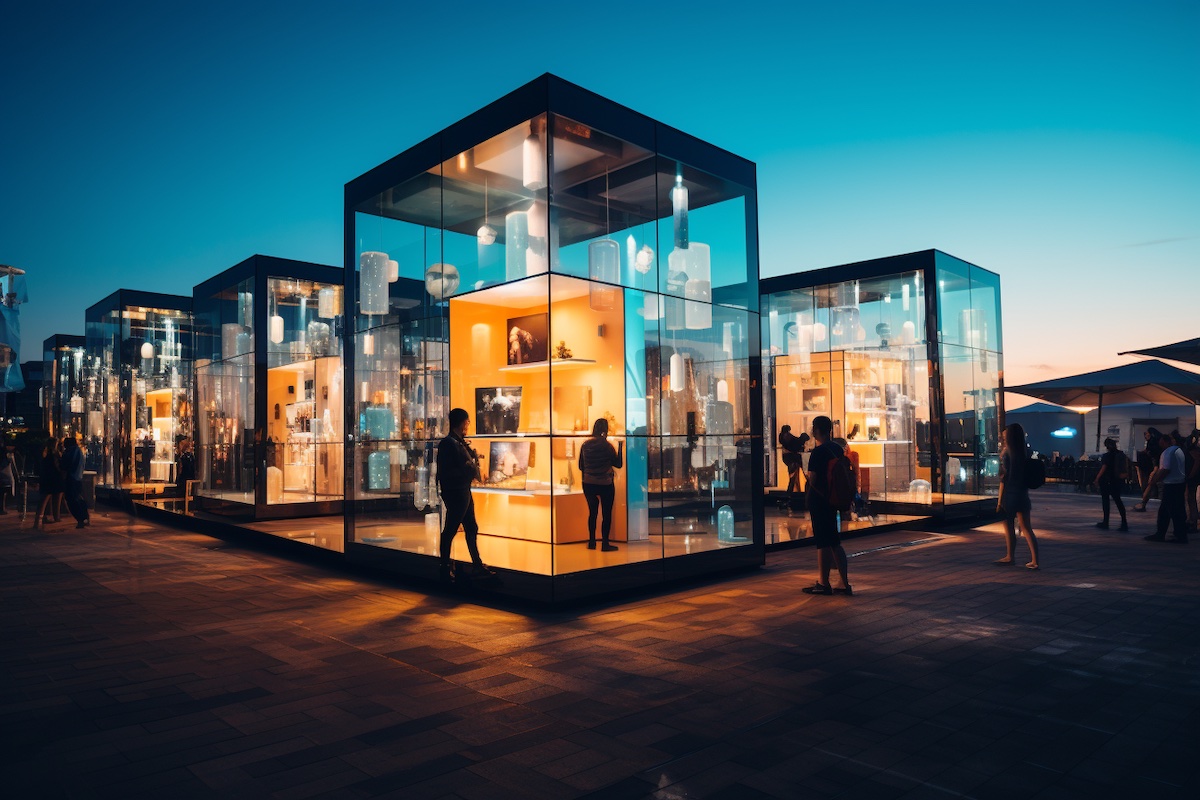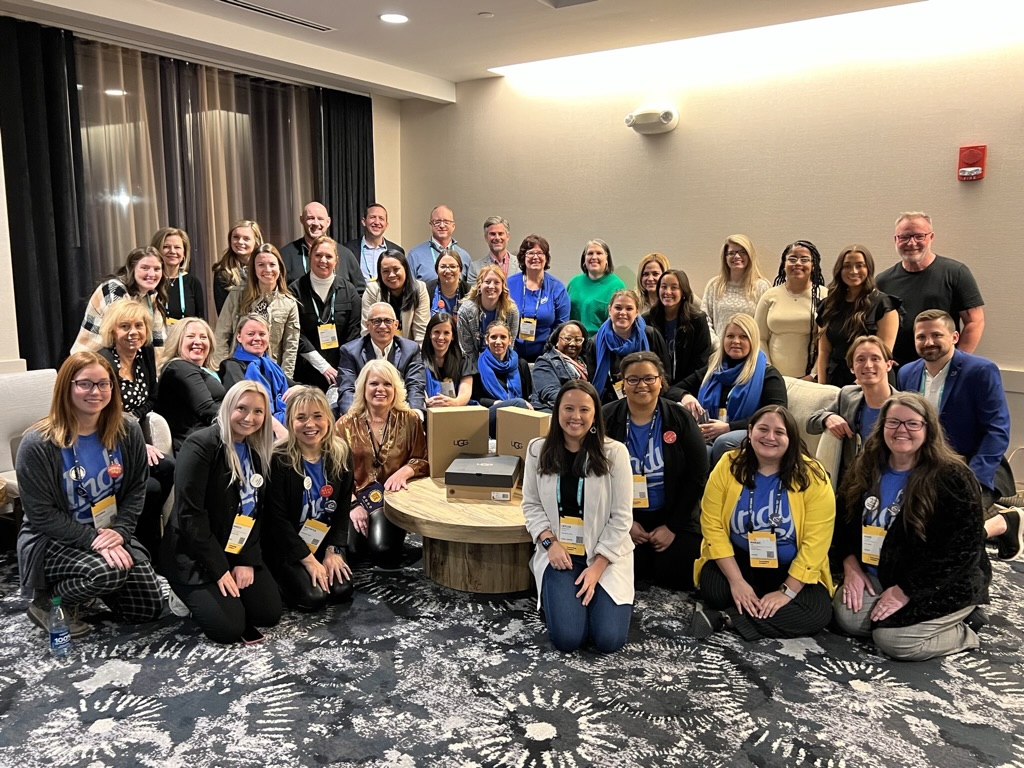Skift Take
Driven by demand for eco-friendly, responsibly sourced giveaways, we are moving away from the cheap and mundane and toward useful, meaningful and long-lasting items — some of which are virtual.
Hotels are phasing out individually wrapped soaps and little shampoo bottles with bulk dispensers in bathrooms, banquet managers are donating surpluses to shelters and food banks, and conference planners are donating new or barely used notepads, pens, and pencils to schools. So it was just a matter of time before the industry started delivering more eco-friendly swag.
The promotional products industry is a behemoth worth more than $23 billion per year, according to the Advertising Specialty Institute (ASI), much of it driven by low-cost, high-volume items. At the same time, demand for the less cheap, less chintzy, or clearly less wasteful is growing. The interest, said Tim Andrews, president and CEO of ASI, comes from clients who want to demonstrate social responsibility to their stakeholders as well as to attendees, who are increasingly annoyed with giveaways that end up as throwaways.
Less than a quarter (21 percent) of branded and promotional items are kept, and only on average for a year, according to ASI’s 2019 Global Ad Impressions Study. More than half is given away, and 23 percent is tossed. Which answers the question: How many more luggage tags, keychains, and canvas tote bags can one person possibly need?
The various industry supplier segments — manufacturers, distributors, and vendors — are aware of the problem and are upgrading their offerings to reflect the growing interest in alternatives, Andrews said. “Ideally, an item reflects an understanding of the audience and what may intrigue or charm them; is something that’s useful, preferably with some longevity; is made from responsibly sourced materials, and somehow connects the item with a brand.” Extra points for an explanation that the product has a connection with the ideals of the organization — a mandate to source responsibly, for example — and the aspirations of the recipient — to avoid adding to landfills.
Providers are making purchasing easier by using website search functionality that filters by material, site of manufacture, supply chain details (such as B Corp, Climate Neutral, and participation in the 1 percent for The Planet initiative), recyclability, as well as cost. The other variable to consider is sustainability. Take reusable water bottles, now the number two giveaway behind t-shirts. “Reusable isn’t necessarily sustainable,” said Daniel Cardozo, president and CEO of distributor Ethix Merch. “If someone goes to five different conferences a year, and at each one is given a reusable tumbler or water bottle, you’re canceling out the benefit.”
One clever manufacturer figured out a way to encourage restricting use to a single reusable water bottle. Fill it Forward water bottles come with tags with QR codes that get scanned after each use to track how much plastic waste the user has diverted from landfills. Twintech Industry offers an insulated bottle that uses UV-C LED lights to eliminate bacteria and odors. A big-budget variation, also available from Twintech, is a reusable water bottle with a detachable Bluetooth speaker base.
More down-to-earth budget items focus on the renewable, recyclable, and the charitable. Some ideas:
Recycled
Notebooks with recycled paper with covers made from cork and jute; flowerpots made from recycled plastic and seeds and organic growing medium; compostable paper embedded with wildflower seeds; Swedish cleaning cloths, an effective alternative to paper towels; “eco cooling fitness towels” and umbrellas made from 100 percent RPET material; bound journals, sticky notes and memo pads made from recycled paper; lunch cooler bags, and recycled plastic bento boxes from Pinnacle Promotions.
Repurposed
Instead of throwing away a Sprout Pencil, you plant it; it will grow either herbs, flowers, vegetables, or a tree. The pencils can be branded with a logo or message. The company also makes plantable eyeliners and brow liners. Winepunts makes all sorts of customizable glassware — candles, drinking glasses, carafes, cannisters with cork lids — out of used wine bottles sourced from restaurants, hotels, and other businesses.
An Experience Rather Than a Thing
Photo booths score well with attendees, either the physical kind that get rented or the virtual kind using an app, such as the one offered by Booth Events . Another way to offer an alternative to physical objects is via digital assets like NFTs. Branding agency Harper + Scott is leading that charge.
Edibles
No, not the cannabis kind, although some planners are making those available at their events. Edible swag ranges from handmade chocolates and specialty coffee with bespoke labeling to fruit emblazoned with a company logo. Branded Fruit (brandedfruit.com) uses produce sourced from a network of farms, and uses graphics (rather than etching) to imprint onto avocados, mangoes, pineapples, persimmons, limes, beets, potatoes, and eggplants.
Donations in Lieu of Stuff
Even though it’s possible to be pro-swag and pro-planet, as ASI’s Tim Andrews put it, some companies are replacing physical objects with charitable donations.
One supplier of promotional materials was so concerned about the environmental impact of swag that he started a division of his company, Grossman Marketing Group, to help companies deal with surplus or obsolete items in an economical and environmentally responsible way. Since its founding in 2019, Swagcycle helped connect Afghani and Ukrainian refugees with apparel, bags, drinkware, and other logoed items; extra Moleskine notebooks went to Dress for Success; Amazon passed along off-brand tee shirts and a health care company paid to repurpose uniforms into rags. By the end of 2021, SwagCycle managed to keep more than 776,000 items out of landfills and facilitated $2.12 million in charitable donations.
Some promo suppliers, like SanMar (via Canvas for Good) and Charles River Apparel (via Charles River Apparel Cares), are combining strategies, offering physical items but incorporating donations with a purchase.
To make it easier to search for companies that offer eco-friendly products, ASI launched Promo for the Planet, a searchable database to make it easy to find sustainable and socially responsible companies and products.





